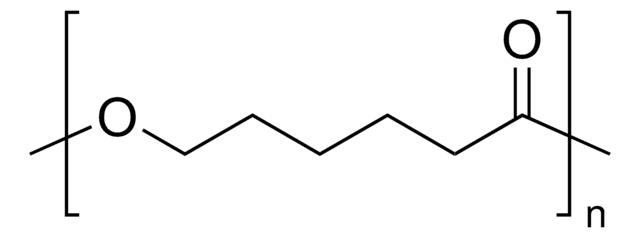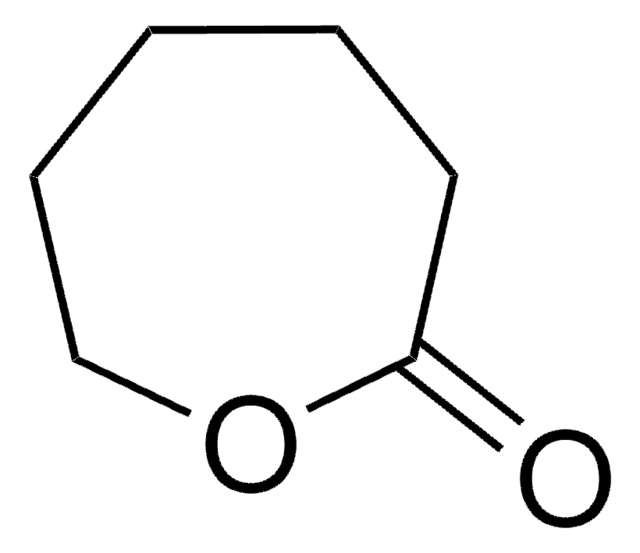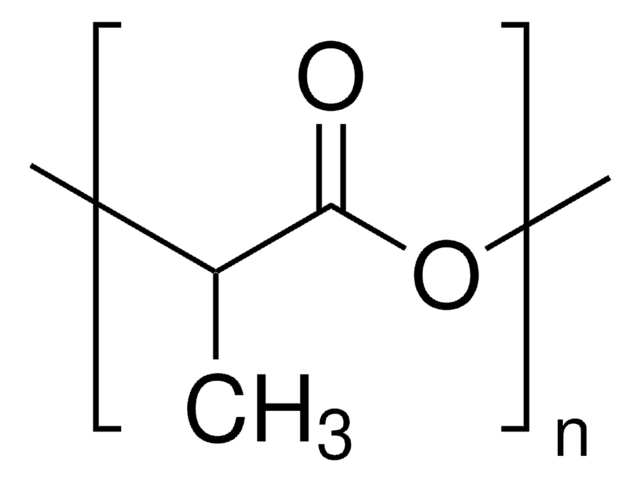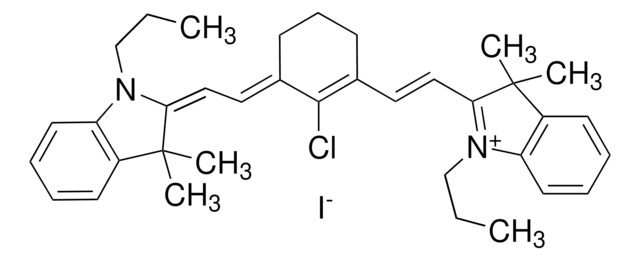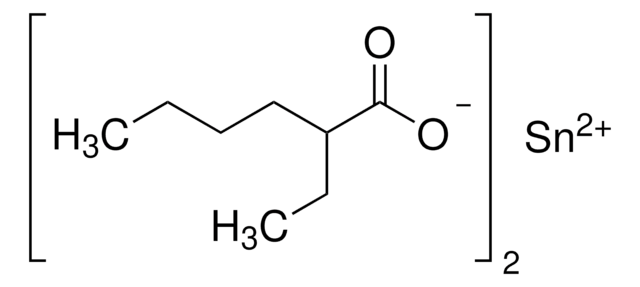440752
Polycaprolactone
average Mw ~14,000, average Mn ~10,000 by GPC
Synonym(s):
2-Oxepanone homopolymer, 6-Caprolactone polymer
About This Item
Recommended Products
form
flakes or chunk(s)
Quality Level
mol wt
average Mn ~10,000 by GPC
average Mw ~14,000
viscosity
400-1000 mPa.s, 50 wt. % in xylene
mp
60 °C (lit.)
transition temp
Tg −60 °C
density
1.146 g/mL at 25 °C
Looking for similar products? Visit Product Comparison Guide
Related Categories
General description
Application
Features and Benefits
Non-toxic, biodegradable in soil, broad miscibility, mechanical compatibility with many polymers and good adhesion to a broad spectrum of substrates.
Physical form
related product
Storage Class
11 - Combustible Solids
wgk_germany
WGK 3
flash_point_f
230.0 °F
flash_point_c
> 110 °C
ppe
Eyeshields, Gloves, type N95 (US)
Certificates of Analysis (COA)
Search for Certificates of Analysis (COA) by entering the products Lot/Batch Number. Lot and Batch Numbers can be found on a product’s label following the words ‘Lot’ or ‘Batch’.
Already Own This Product?
Find documentation for the products that you have recently purchased in the Document Library.
Customers Also Viewed
Articles
We will explore the technological advances that have contributed toward the progress of 3DP of tissue engineering scaffolds, current materials used to create 3DP scaffolds, and the challenges that remain.
In the past two decades, tissue engineering and regenerative medicine have become important interdisciplinary fields that span biology, chemistry, engineering, and medicine.
Innovations in polymer technology have had a significant impact on the advancement of novel drug delivery systems.
Our team of scientists has experience in all areas of research including Life Science, Material Science, Chemical Synthesis, Chromatography, Analytical and many others.
Contact Technical Service